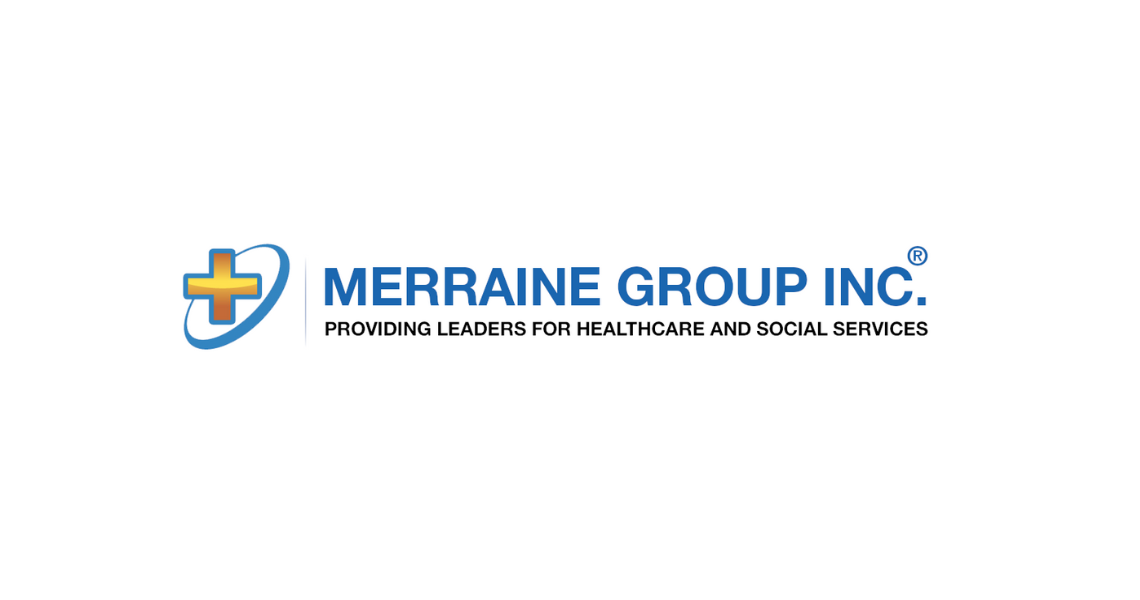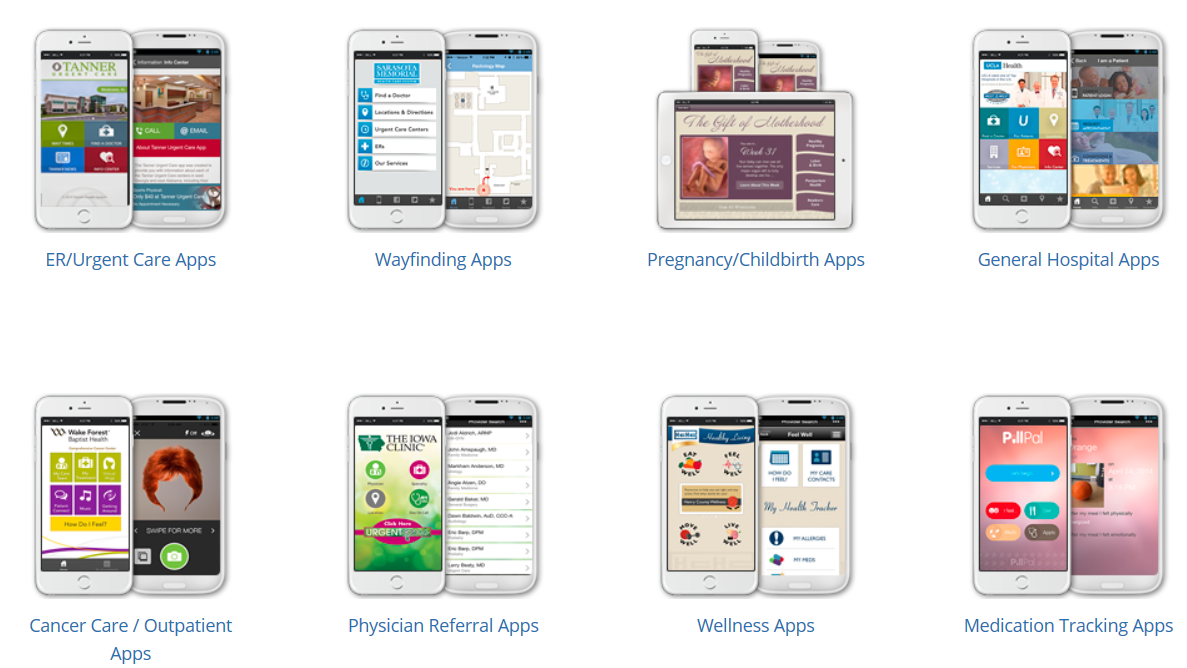Healthcare Apps That Engage Patients with the Best Features for Hospital Apps


Accenture reports that 66% of the largest hospitals in the US offer a mobile app. With the use of mobile devices and smartphones skyrocketing, nearly 54% of patients reported that they want to use healthcare apps. But here’s the problem—only 2% of our patient populations are using their preferred provider’s hospital app.
Healthcare apps are wildly popular in the tech startup world. There are more than 318,000 mobile health (mHealth) apps available on app stores today. Increasing smartphone adoption are the drivers of the healthcare apps markets, and investors are taking advantage of these trends by investing heavily in the digital healthcare marketing.
But why aren’t hospitals capitalizing on this trend?
Accenture research suggests that having a mobile app simply isn’t enough anymore. To engage patients, healthcare organizations must capitalize on the best features for hospital apps. What are those features and why are hospitals missing the boat when designing healthcare mobile apps?
8 Types of Hospital Apps
8 Types of Hospital Apps with the Best Features to Engage Patients
A leading app developer defines eight different types of hospital apps that a facility could chose to use to engage their patients. This includes
1) Emergency Room or Urgent Care Apps
These tools route patients to the nearest and most cost-effective urgent care choice. Provide directions, travel time, wait times, insurance options, etc.
Best Features for Patients – Real-time information to help inform their healthcare choices.
2) Wayfinding Apps
These apps help patients find their way around your property. You can search for departments, staff members, and physicians. They also provide location-based push messaging, maps, and more.
Best Features for Patients – Geo-location helps patients and visitors navigate with “you are here” features to reduce frustration.
3) Pregnancy/Childbirth Apps
For newly pregnant parents, these apps help bring peace of mind by educating patients and keeping them on schedule for appointments and care with a pregnancy tracker. Provide information for both pre and postnatal care, as well as newborn infant care.
Best Features for Patients – Organizational tools that help busy parents keep track of their schedules are a welcome addition for any new family.
4) General Hospital Apps
A main app for your hospital to spotlight your branding and messaging. This overall app can provide hospital information, services provided, virtual tour, ER wait times, and more, making them a good starting point to engage with new patients.
Best Features for Patients – The best general hospital apps should capitalize on the increasing demand for financial pricing transparency and doctor-rating services. It’s recommended to make these apps less focused on selling your brand and more focused on giving patients what they demand.
5) Cancer Care/Outpatient Apps
These apps increase patient satisfaction by engaging with outpatients about their health condition. They also can increase adherence to a patient’s treatment plan. Patients can manage their care team and lab results with their treatment tracker. Also provides engagement with other patients and even a virtual wig gallery.
Best Features for Patients – Some apps offer telemedicine features that can help these patients reach their doctors virtually in addition to providing a clinical care portal for test results.
6) Physician Referral Apps
Referrals, long a thorn in the side of patients and doctors alike, also get the app treatment. The top hospital referral apps provide a quick and easy process for strengthening physician relationships at your facility.
Best features for Clinical Teams – Look for apps where you can request appointments directly from the app, share patient details while staying HIPAA compliant, and more.
7) Wellness Apps
Wellness apps have been some of the most innovative digital tools on the market today. These devices can encourage patients to track their own health with health metrics and goals, exercise class schedules, and health and wellness tips. Hospitals can use these tools to brand their services and connect patients to preventative care.
Best Features for Patients – Apps with a reward program to encourage regular use.
8) Medication Tracking Apps
Encourage adherence to a prescription regimen by tracking doses, intervals, meals, and feelings with these healthcare apps. Help manage response to treatment and make sure there are no medication conflicts.
Best Features for Patients – Look for apps that are easy to use but can still handle multiple medication schedules for chronically ill patients.
These are just a few of today’s healthcare apps. It’s easy to see that there are many ways for a hospital to use a mobile app to create engagement and increase the overall health and success of patient treatment. But what is missing? Why are only 2% of patients using their hospital’s apps?
The answer lies in the features of the digital application.
What Do Patients Want from Their Healthcare App?
Hospitals should pay closer attention to the features that patients want from their healthcare apps. That is, if they want to use these tools to engage their patients more successfully and increase patient satisfaction scores. The data shows us that only 11% of hospital apps have the three features that patients desire most. This includes:
1) EHR
Access to their EHR/EMR (electronic health/medical record). Patients want access to their treatments, test results, and even doctor notes. It gives them back control over their health and creates a sense of transparency between provider and patient.
2) Appointments
The ability to book, cancel, and reschedule appointments adds a level of convenience that has been missing from healthcare. Patients are increasingly selecting healthcare for the convenience of the services; just look at the rise of urgent cares in response to hospital ER wait times and you’ll understand this trend.
3) Prescriptions
The ability to process refills on their medical prescriptions is a critical component of a hospital app. The goal here is access to care, simplicity of use, and app features that simply make sense from a patient perspective.
Surprisingly, these very basic and most important features are still elusive. As a result, patients are forced to use third-party healthcare apps, like ZocDoc, an app that allows appointment scheduling for in-office and telemedicine visits as well as for dental care and doctor ratings. The app is widely used by consumers. Hospitals should take a page from these third-party competitors. Or, the solution could be to partner with these third-party apps to have them build and brand these features into your facility’s app. Co-branding could also bring the goodwill already generated from a popular healthcare app to your clinical facility.
While many hospitals are waiting to jump on board the mobile hospital app train, still others have made a lot of mistakes along the way. In both cases, healthcare organizations should be careful not to miss out on a growing opportunity to engage their patients with a branded healthcare app.
There’s a big push going on in the healthcare industry to digitally transform. These institutions have been collecting millions of data points from healthcare consumers and the potential of this information promises to change the way we think about healthcare.
The challenge, however, remains in how we collect data while improving service to our patient/customers. The healthcare industry must strive to personalize their digital tools in ways that inform and inspire their patients to work more closely with providers to improve their health. The sooner your facility takes the hospital app plunge and begins to build patient engagement, the sooner you can begin to build your hospital’s brand and become more patient-focused.
Contact Merraine Group® at www.Merraine.com, or call 845-290-1900, if your facility needs to add a Digital Marketing expert, or other healthcare leadership, to its team. We can help you find the talent you need to create a top hospital app and engage your patients in new ways.

